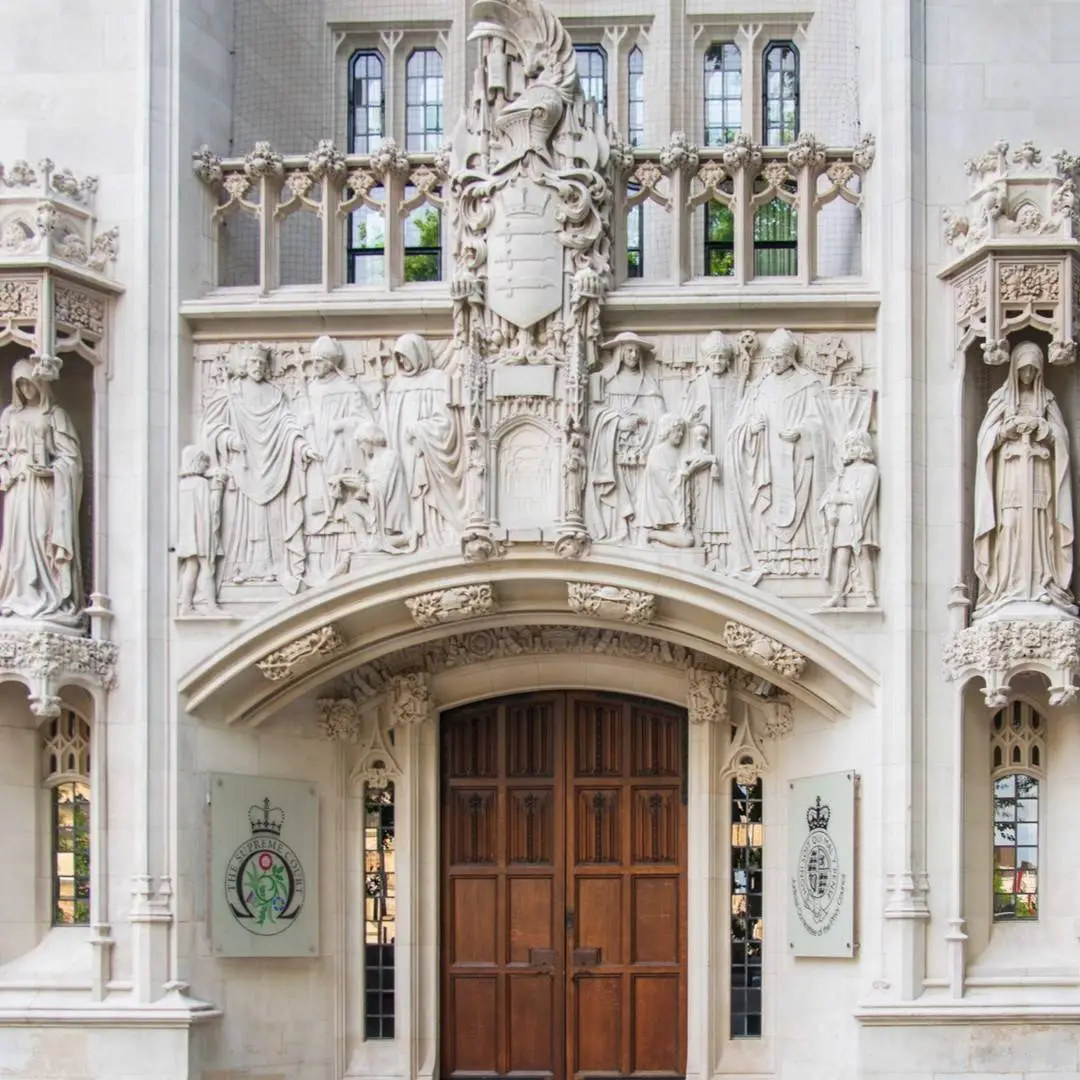You may have seen our earlier article on this topic in relation to the Court of Appeal decision in the case of Smith & Anor v Royal Bank of Scotland PLC. That decision was appealed and referred to the Supreme Court for determination and that decision has now been handed down.
As a reminder, Ms Smith had taken out PPI on getting an RBS credit card in 2000. The PPI was added to her credit card balance every month, with interest being added to the sums due if not paid in full each month. Unknown to Ms Smith, RBS was receiving commission payments of over 50% with regard to her policy premiums.
The Court of Appeal had found in favour of RBS in that PPI claims would be statute barred if the claim was brought more than 6 years after the customer cancelled and/or stopped paying for the PPI. This represented quite a substantial win for lenders who were facing claims arising from monthly PPI policies, usually (but not always), associated with credit cards. The Court of Appeal determined that when the PPI was cancelled, there was no continuing unfairness and accordingly, the limitation time period for bringing an unfair relationship claim began to run from the date the final PPI premia had been paid.
Summary of the Supreme Court’s decision
The Supreme Court has now overturned that decision finding in favour of the customers where the claims were brought more than 6 years after the PPI ended but less than 6 years after the linked credit agreement came to an end.
The Supreme Court held that the assessment of unfairness must be taken from the date the relationship between the parties, as a whole, came to an end (Patel v Patel [2009] EWHC 3264 (QB)). This means that even where the PPI policy is cancelled at an earlier date, unless the lender has remedied any unfairness that arose from the PPI policy, for example, by either disclosing any commissions and/or paying any redress that may be payable, the time period for limitation purposes will not begin to run until the credit agreement itself is brought to an end.
The lender also sought to argue that because the PPI policy was cancelled prior to the unfair relationship provisions coming into force, the PPI, and any purported unfairness arising from it, should not be considered as a factor when considering the unfairness of the credit agreement itself. The Supreme Court rejected this argument on the basis that as the credit agreement continued after the unfair relationship provisions came into force, the PPI policy could be considered as a factor relevant to the fairness of the relationship. As the Supreme Court found that Ms Smith was worse off having taken out the PPI policy, the unfairness continued throughout the period the credit agreement remained live.
As the credit agreement had been terminated less than 6 years before Ms Smith brought her claim, the Supreme Court held that the claim was not statute barred. Accordingly, the initial decisions of the District Judge’s, in both Ms Smith’s case and the conjoined appeal of Burrell, for the lender to pay redress were re-instated.
However, the Court was keen to stress that it was still open to the Court to dismiss a claim where the lender can show that the alleged unfairness was remedied prior to the end of the agreement or that it no longer existed at the point of Trial (in circumstances where the agreement is still live), whether that was more than 6 years before the claim was issued or otherwise.
The Court also highlighted that consumers will be required to prove any factual allegations raised as the source of any alleged unfairness rather than solely seeking to rely on the reverse burden of proof provided for under the CCA; and that any delay in pursuing a cause of action in respect of any credit agreement where the consumer has the requisite knowledge to pursue the claim, would be a factor the Court would take into account when assessing unfairness and what remedies may be available.
Effect
This decision is likely to result in increased number of claims from customers who may have considered and/or been advised that their claims were statute barred and for lenders, it appears, that the PPI saga will continue for a little while longer.


